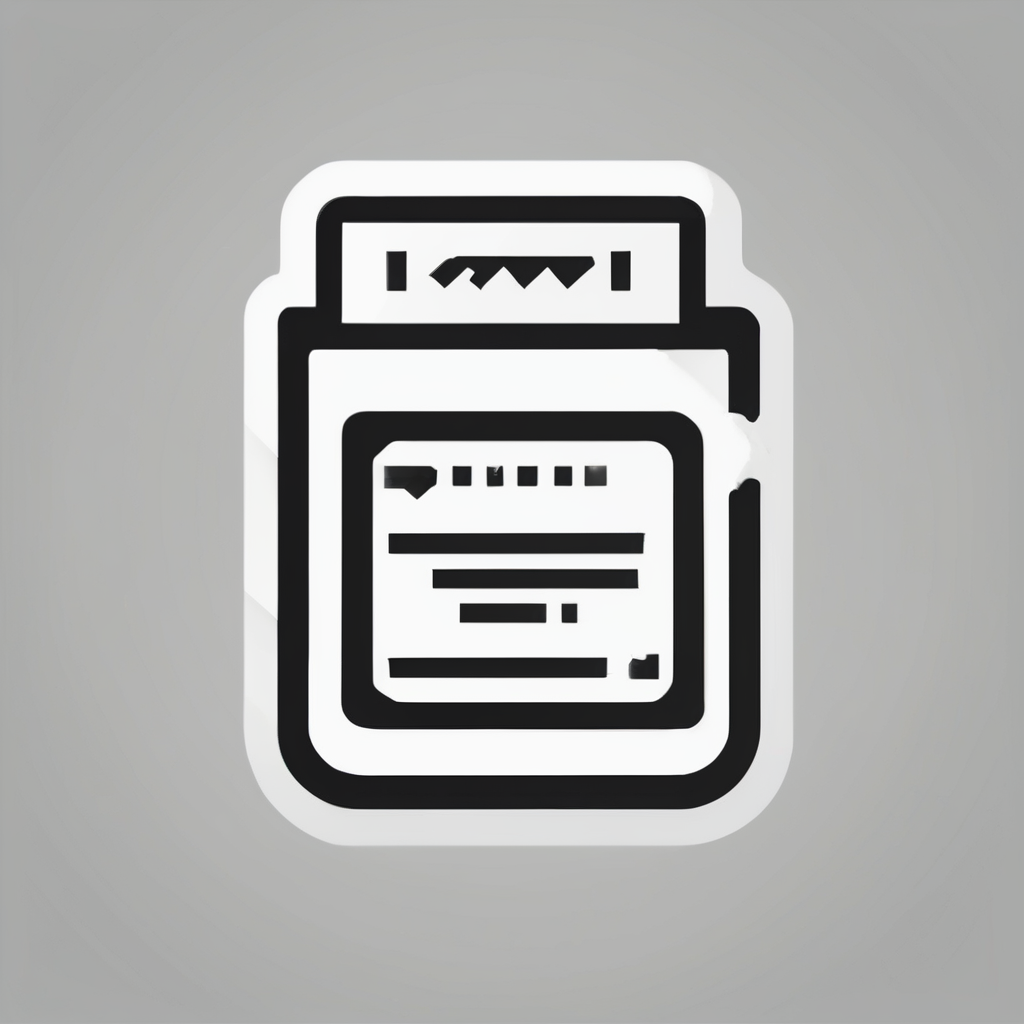Leading IoT Adoption Strategies Among UK Companies
UK companies are rapidly embracing IoT adoption in UK markets by integrating smart technologies that enhance customer engagement and operational efficiency. A dominant IoT marketing strategy in the UK involves leveraging connected devices to gather real-time consumer data, enabling personalized marketing campaigns that resonate more effectively with target audiences. This approach not only drives sales but builds stronger brand loyalty.
Industries such as retail, manufacturing, and logistics are at the forefront of this innovation. For instance, prominent UK retailers utilize IoT sensors to monitor in-store customer behavior, optimizing product placement and promotions based on collected data. Moreover, manufacturers apply IoT to track equipment performance remotely, improving maintenance scheduling and reducing downtime.
Also to discover : How can UK marketers utilize edge computing for faster analytics?
A standout example is a major UK logistics firm implementing IoT solutions to monitor fleet vehicles in real time, enhancing route efficiency and reducing fuel costs. This successful deployment highlights how UK companies’ IoT examples demonstrate tangible business value. By adopting data-driven strategies through IoT, UK businesses are positioning themselves as leaders in technological innovation and customer-centric marketing.
Personalization Through Connected Devices
Connected devices have revolutionized personalized marketing IoT by enabling brands to tailor campaigns with unprecedented precision. By leveraging data from smart devices marketing platforms, companies can track user preferences and behaviors in real-time. This data integration leads to more effective and relevant marketing messages, increasing customer engagement.
Topic to read : Blabla: exploring the transformation of handmade dolls and toys in modern decor
In the UK, IoT customer engagement UK is gaining momentum across various industries. Retailers use IoT sensors to monitor shopping habits, delivering personalized offers directly to customers’ smartphones. Automotive brands utilize connected cars to provide timely service reminders and customized promotions, enhancing the overall ownership experience. Meanwhile, the hospitality sector employs smart devices to tailor guest services, from room settings to dining preferences, creating memorable stays.
Integrating IoT data into customer experience management allows for seamless communication across multiple touchpoints. Businesses can dynamically adjust marketing strategies based on real-world interactions recorded by these smart devices. This integration ultimately improves conversion rates and loyalty, demonstrating the value of personalized marketing IoT efforts powered by connected devices.
Data-Driven Campaign Optimization
Marketing automation IoT enables businesses to capture real-time data from connected devices, providing a continuous stream of consumer insights. This wealth of information allows brands to dynamically adjust campaigns according to evolving customer behaviors, preferences, and environmental contexts. By integrating IoT data analytics UK tools, firms can monitor engagement metrics and purchase patterns almost instantly.
UK companies increasingly rely on IoT data analytics UK to enhance decision-making. They automate marketing campaigns to trigger personalized messages or offers based on user interactions detected through IoT sensors. For example, if a smart product usage drops, an automated campaign might send tailored reminders or discounts, improving conversion rates.
Real-time analytics marketing lets marketers implement agile strategies, measuring and optimizing campaigns with precision. This data-driven approach reduces guesswork and boosts ROI by focusing on actual consumer responses rather than assumptions. The combination of marketing automation IoT and IoT data analytics UK creates a powerful system for continuously refining campaigns, ensuring brands stay relevant and engaging in fast-changing markets.
In essence, leveraging IoT data analytics UK transforms marketing campaigns into adaptive processes, making real-time analytics marketing and automation crucial tools for UK businesses striving for competitive advantage.
Overcoming Challenges in IoT Marketing Adoption
Successfully navigating IoT implementation challenges in the UK requires a strategic focus on data privacy and technical hurdles. UK companies often face mounting concerns around data privacy IoT marketing, as consumers and regulators demand strict protection of personal information. Addressing these concerns involves adopting robust encryption protocols, transparent data handling policies, and ongoing compliance with the UK’s data protection frameworks.
Technical barriers IoT UK marketers commonly encounter include device interoperability and network reliability. Implementing standardized communication protocols and investing in scalable infrastructure can significantly reduce integration difficulties. Businesses that integrate these technical solutions experience smoother IoT deployment and enhanced customer engagement.
Moreover, regulatory considerations uniquely influence the UK’s IoT landscape. Companies must stay up-to-date with evolving compliance requirements such as the UK GDPR and the Product Security and Telecommunications Infrastructure Bill. Proactively aligning marketing strategies with these regulations not only promotes trust but also prevents costly legal setbacks.
By combining strong data privacy measures, solving technical integration issues, and understanding UK-specific regulations, marketers can overcome key obstacles in IoT adoption effectively and sustainably.
Reported Benefits and Measurable Outcomes
Recent studies highlight IoT marketing benefits UK businesses significantly, especially in enhancing customer engagement and retention. Through connected devices and smart data collection, UK companies can tailor their marketing strategies to individual behaviours, boosting engagement rates markedly. For example, IoT allows real-time interactions based on consumer context, which improves loyalty and repeat purchase frequency.
When evaluating ROI IoT marketing, UK firms report measurable improvements. Analytics from IoT platforms enable precise tracking of campaign performance, identifying which touchpoints drive conversions and customer satisfaction. This leads to sharper budget allocation and higher returns on investment compared to traditional marketing channels.
Leading UK businesses have shared testimonials emphasizing the value of IoT-enabled marketing. Customers cite more personalized experiences and relevant offers as primary benefits. Sales teams report increased efficiency, while marketing departments note improved data quality for decision-making. These responses demonstrate that UK business success IoT initiatives often correlate with tangible financial gains and strengthened brand relationships.
In sum, IoT marketing offers UK companies practical tools to elevate customer connection and boost ROI through targeted, data-driven strategies.


